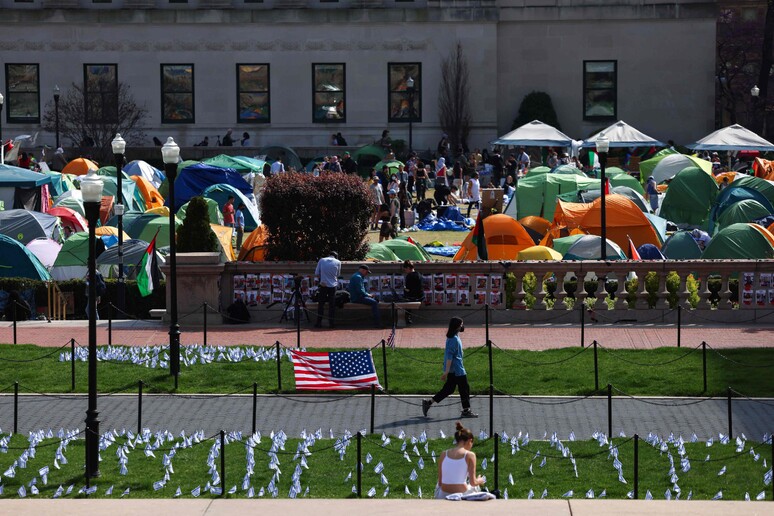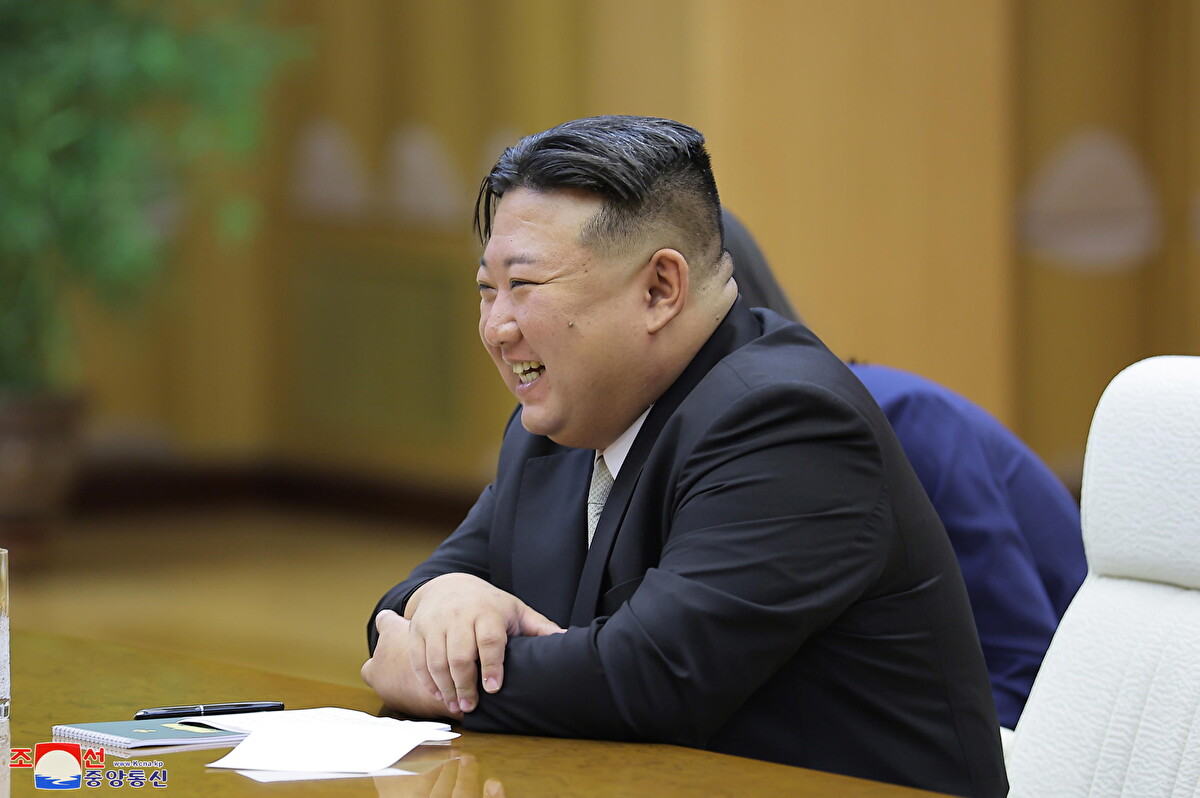The growing repression of pro-Palestinian activists in the United States is raising concerns about civil rights and freedom of expression. Momodou Taal, a PhD student in African Studies at Cornell University in New York, has decided to take legal action against the Trump administration to block two executive orders that could lead to his expulsion. Taal, a citizen of both Gambia and the United Kingdom, fears that his activism could put him in trouble with the U.S. government.
It all began on April 26, 2024, when Taal received a message from Christina Liang, director of the Office of Student Conflict and Community Standards, informing him of his temporary suspension due to his involvement in an unauthorized encampment—the so-called “Liberated Zone”—set up on Cornell University’s Arts Quad.
In her message, Liang emphasized that the suspension was due to a violation of the “Interim Policy on Expressive Activities,” which, in Section F, explicitly states that “outdoor camping requires prior registration,” a requirement that Taal had failed to meet.
Taal’s legal challenge also follows the detention of Mahmoud Khalil, a former Columbia University student in Manhattan, who now faces possible deportation after attracting the attention of authorities for his political activism. Khalil, a legal U.S. resident, was arrested after receiving threats of deportation. The current administration has repeatedly labeled pro-Palestinian activists as “terrorism sympathizers” and has vowed to track them down and expel them from the country.
Taal’s lawsuit, which has already drawn the attention of human rights organizations, signals alarming implications for political engagement when it clashes with White House policies. The legal challenge is based on concerns that the executive orders signed by the GOP leader could be used as a tool to suppress free speech and foreign students’ activism.
This case is unfolding in an already tense climate, intensified by recent raids on Columbia University dormitories, where some students have been accused of having ties to radical movements. Federal agents also searched students’ residences for evidence linked to so-called “domestic terrorism,” raising concerns about academic freedom and fueling fears of an authoritarian escalation.
Uncertainty surrounding the case could be resolved within hours, as the first hearing is scheduled for Monday. The outcome of this case could determine not only Taal’s future but also the balance between civil rights, political and academic freedom on one hand, and national security policies on the other.












